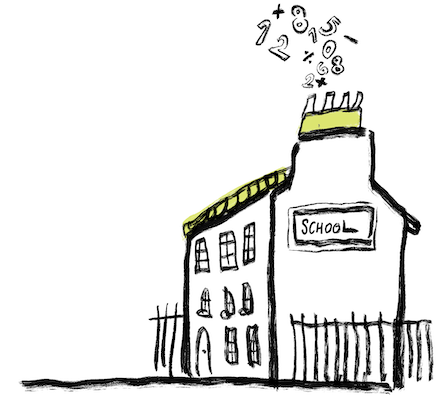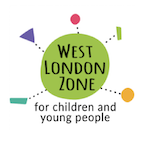We partner with state primary schools across London to support children in Years 2 and 3 who would benefit from help in maths. The school selects the children.
Our trained volunteers work one-to-one with each child, weekly over the school year. Sessions are during school hours but outside the classroom and involve games and other creative activities to engage the child and to help develop their confidence and skills in maths.
If you are interested in becoming a Number Champions partner school, please have a look at our FAQs below, and then email us at school@numberchampions.org.uk, and we can discuss or send you more information as appropriate.



